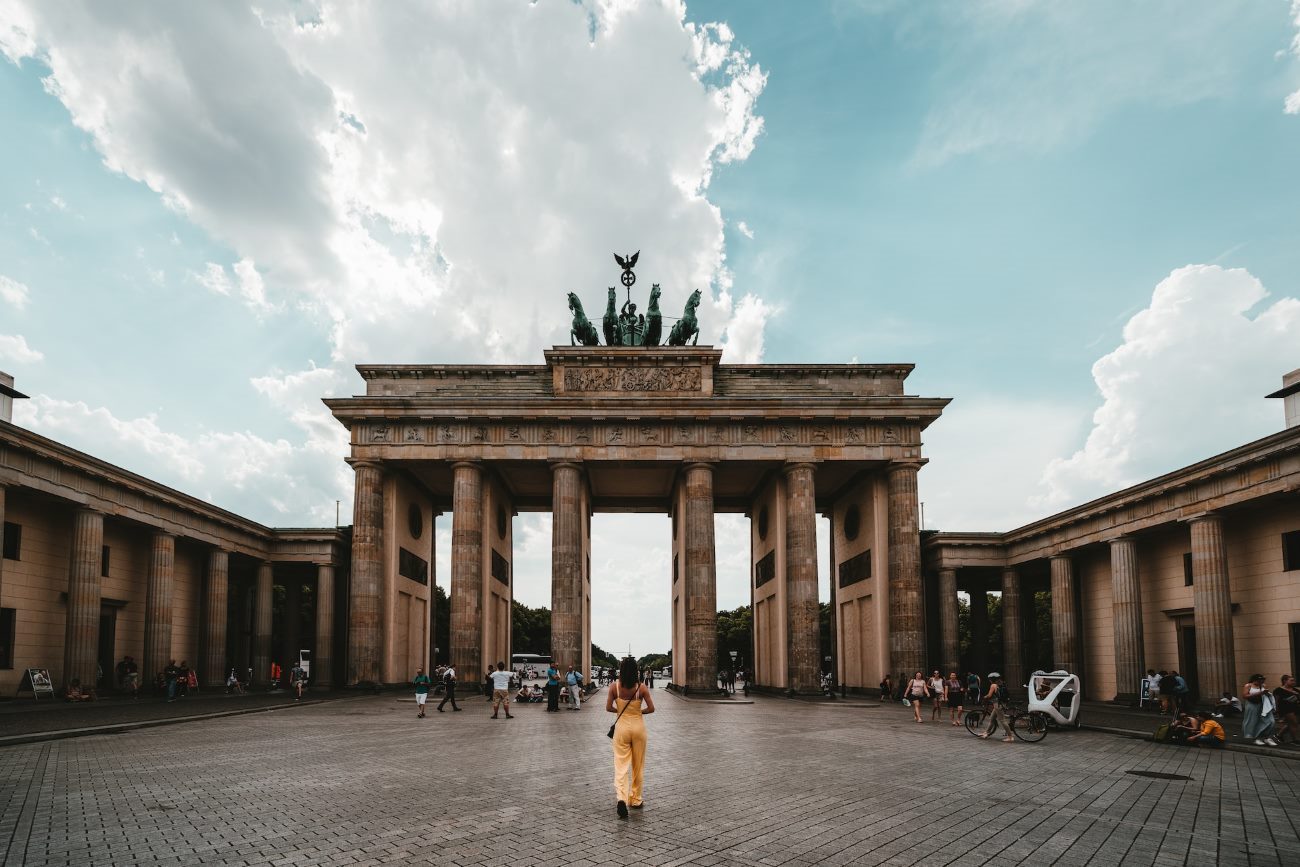What is the Abgeordnetenhaus (City Parliament) in Berlin, Germany?
Abgeordnetenhaus, often referred to as the City Parliament, is Berlin, Germany’s governing body responsible for legislation in this city. As such, it is the main political decision making and policy formation forum at the local level.
Composition and Elections
The Parliament consists of the elected representatives, the Members of the Parliament (Abgeordnete). The elected representatives of these are elected by citizens of Berlin through proportional representation. It is a five year election, and there are seats allocated in proportion to the number of votes that political parties receive.
The Abgeordnetenhaus has 160 members at present. Its representatives are from different political parties (major ones like Social Democratic Party: SPD, Christian Democratic Union: CDU, Alliance 90/The Greens, and small ones and independent candidates).
Role and Functions
Berlin’s policies and laws are shaped by the Abgeordnetenhaus. Its main functions include:
Our legislation: members of the Parliament come up with legislation, debating and voting on legislation that affects the city of Berlin from the local education policy, transportation and infrastructure.
Budget: Each city has an Abgeordnetenhaus that oversees and controls the activities and budget of the city government, the execution of decisions, as well as the administrative aspect of the government. They have the power to hold government officials to action.
Representation: The City Parliament of Berlin makes the diverse interests of the People of Berlin its concern. It is a base for political discussions and debates and passing of ideas.
Parliamentary Committees
The Abgeordnetenhaus forms different committees at its disposal to cope with its tasks, which are aimed at different branches of state power. These committees include:
- The Committee on Budget and Finance: Established to review and evaluate the city’s budget proposals and fiscal policies.
- Deals with the topics of the education, the education of the youth and the sport, and related subjects within Berlin.
- Addressing issues related to urban planning, housing policies and projects of urban development, the Committee on Urban Development and Housing.
- These committees also are very important in the legislative process, where they conduct detailed investigations, hearings and debates on issues relevant to their area of work. They furnish the City Parliament with the appropriate advice and recommendations.
Conclusion
Abgeordnetenhaus is a very important institution for democratic governance of Berlin, Germany. This also ensures that the diverse voices and diversity of interests of the city’s inhabitants is reflected and taken into account in the process of decision making. The citizens of Berlin elect their representatives and participate to the political process with their direct impact on the way Berlin is governed.
If you have an interest in the inner workings of the Berlin political system, or your desire for knowledge concerning who makes the decisions in your city, the Abgeordnetenhaus is a place where a dose of knowledge can make you participate more effectively in the Berlin political life.
Table of Contents



